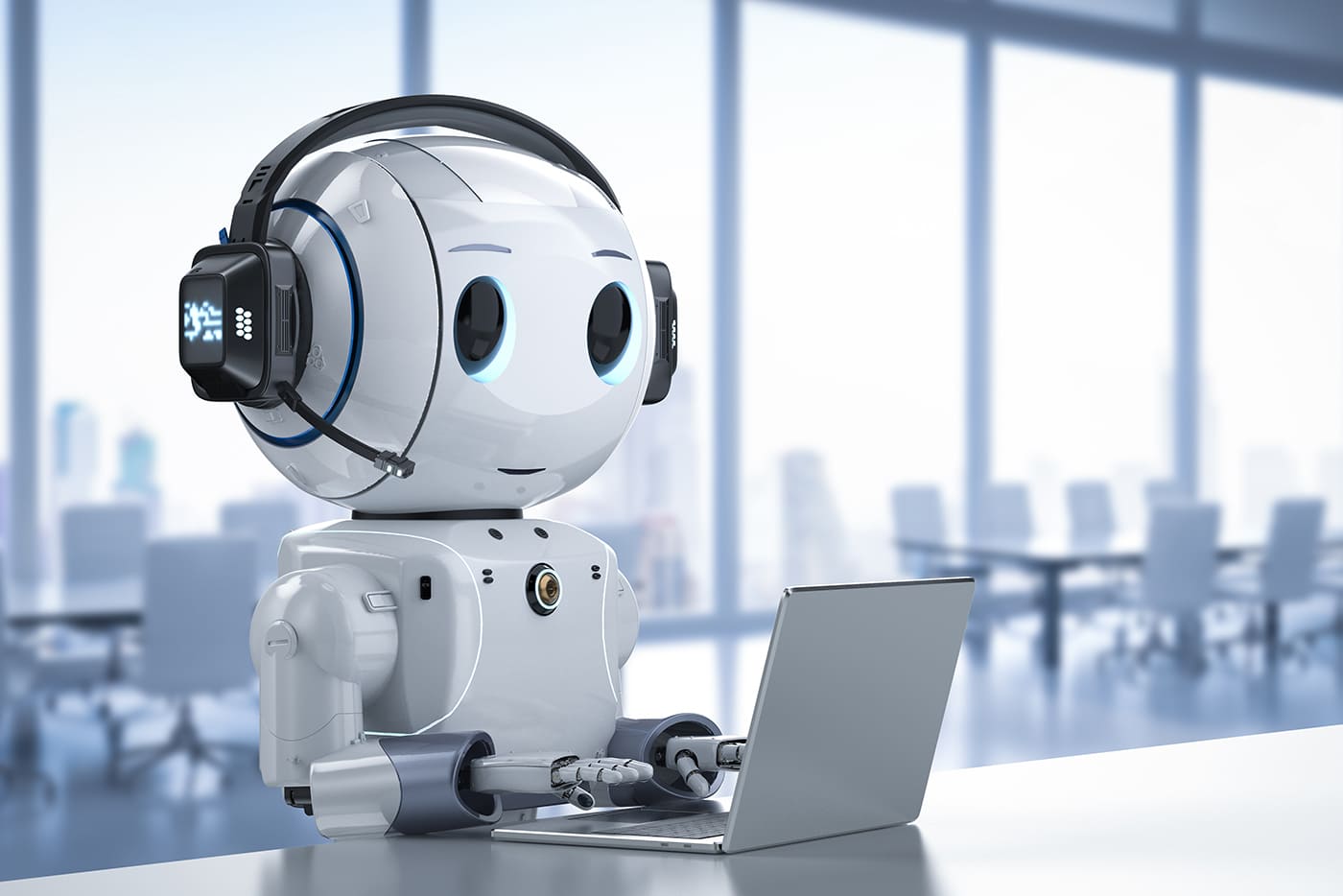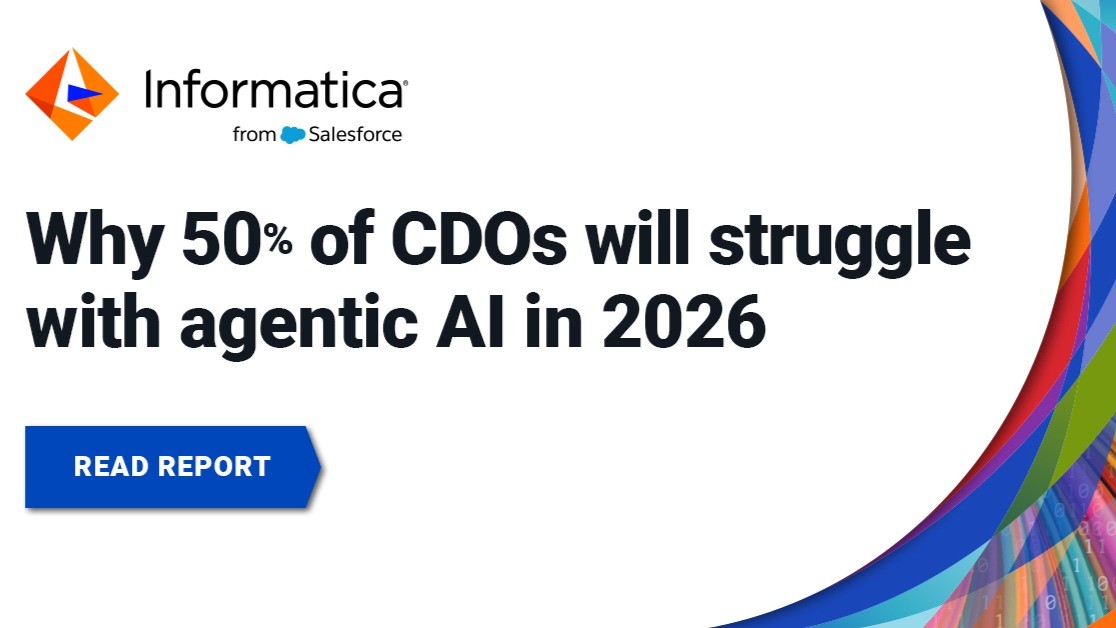What is AI as a Service?
8 March 2022
What is AI as a Service? Here’s An Easy Explanation With Examples
Cloud computing has changed the way we use computers in some truly revolutionary ways. Perhaps most significantly it has given rise to the “as-a-service” economy. This started with software-as-a-service (SaaS), where we pay a subscription to use whatever software tools we need, rather than buying the programs outright.
Since then, both platform-as-a-service and infrastructure-as-a-service packages have become increasingly popular. Organizations of all sizes benefit from simply paying to access IT hardware and applications as and when they need them, rather than buying them outright; they only need to pay for what is used, and the service providers make sure all the heavy lifting of deploying, maintaining and updating the systems gets done.
The most recent addition to the growing field of as-a-service offerings is AI-as-a-service (AIaaS). Let’s look at what it is, why is it useful, who is using it, and what are some practical examples of it in use?

Why AIaaS?
Artificial intelligence (AI) is currently being keenly adopted in just about every industry to help automate tasks, create efficiencies and make sense of the ever-growing amount of data that we’re generating and collecting. Far from being restricted to robots in science fiction movies, today AI is all around us – in cars we drive, in our smart home assistants like Alexa, in online services we use like Google and Facebook, and in countless apps we use on mobile devices to make our lives easier.
While this is great and helps make life easier in many ways, these services aren’t cheap to build or run – the algorithms need to be trained on huge amounts of data before they become “smart” enough to be useful, and creating them in the first place requires a lot of time and effort to be put in by skilled people.
So that as many people as possible have the chance to unleash the power of AI, in recent years there has been an explosion in “off-the-shelf” solutions. Rather than code your algorithms from scratch and design a data pipeline, this is done for you by the providers of AIaaS solutions. You simply pay a subscription, plug in your data sources, and away you go – (In theory anyway … of course, it isn't always quite that simple!)
This revolution in the way AI is delivered has opened the floodgates for many more companies and organizations to start deploying and working with AI solutions. This is part of the “democratization” of AI – it’s no longer just something for huge multinational companies with unlimited budgets, or academics with specialist knowledge. And it’s something that many experts believe is necessary if society is going to unlock the $15.7 trillion of value that it’s hoped AI will contribute to the global economy this decade.
AI/ ML as-a-service
Just to clarify, when we talk about AI in a business sense, what we are usually referring to today is machine learning. While the term “AI” refers to the wider concept of machines that are able to learn and think for themselves (and includes the “out there” concepts we find in books and movies like The Matrix or Terminator), machine learning is the more down-to-earth implementation that’s a reality today. This means algorithmic software programs that are able to interpret data, usually to perform one task (such as searching for information, or translating languages) increasingly accurately. Hence, the AIaaS packages we are discussing in this article are sometimes marketed as MLaaS.
Why is AIaaS useful?
To put it simply, AIaaS is useful for any business that wants to reap the benefits of “learning” machines - machines that are capable of carrying out work that, otherwise, would require a human to do. And they want to do this without spending years and millions of dollars designing, prototyping, testing, and deploying their own proprietary AI systems.
It also means that the people in a business can concentrate on what they do best – which hopefully involves solving their customers’ problems. They don’t need to become computer or AI experts themselves, and they don’t need to develop a deep understanding of data science, and ways in which data can be used to automate workflows and decision-making. All that is handed over to the AIaaS solution.
Another benefit is that it makes it simpler to quantify the cost of your data operations. If you are developing and building your own infrastructure you will have to pay out for many different elements – from humans with the necessary skills to physical servers and processing chips. With an AIaaS solution, everything is packaged up into one subscription payment, making it simpler to measure ROI.
AIaaS solutions are available for all of the common AI functions that businesses are using today to generate value and efficiency from their data. These include search engines, recommendation engines, customer segmentation and market analysis, computer vision, natural language processing and generation, translation, chatbots and sentiment analytics.
Many services now exist that allow even small businesses to deploy these functions. This means they can automate repetitive activities (even ones that traditionally have required “thought”) and free up human employees to work on other tasks where they can have greater impact.
Of course, there are always challenges when an organization adopts any new technologies. With AIaaS, data security is a significant one; fundamentally, many of the services will require companies to pass their data to a third party (such as the AIaaS provider), which means checks must be in place to ensure that this is done in a safe way that’s compliant with all applicable regulations!
What are some examples of AIaaS providers?
These are some of the best-known and most widely used AIaaS platforms today. Handily, they generally all offer a “free” tier that lets anyone try them out to see how they work first-hand before spending any money.
- Google Cloud AI – Allows anyone to take advantage of Google’s cutting-edge learning algorithms and technology like Tensorflow, all running on the Google Cloud Platform.
- Amazon Artificial Intelligence – A machine learning service built on AWS commercial cloud server platforms. Offers access to Amazon’s suite of AI tools which include SageMaker, the Rekognition computer vision algorithms and Lex chatbot service.
- IBM Watson Studio – Watson is IBM’s cognitive computing platform, and Watson Studio is the subscription service that lets businesses deploy and run it from any cloud environment. IBM put a focus on “explainable” AI which tries to get past the problem of AI being seen as a “black box”, with no one really understanding how it makes decisions.
- DataRobot AI Cloud – Designed to allow businesses to quickly prototype, build, test and deploy AI at scale across any number of potential use cases. It includes custom algorithms for functions like computer vision, text-to-speech and speech-to-text, and location-based AI services.
- Salesforce Einstein – Naturally, Einstein is focused on providing AI functions that help businesses to track and understand customer behavior, manage relationships and ultimately to make sales.
- Microsoft Azure AI – Microsoft offers AIaaS across applied AI, cognitive, machine learning and infrastructure services. It all runs directly from its industry-standard Azure cloud platform and as with the other services here offers a free tier, so would-be AI engineers can experiment without committing to ongoing expense.
Related Articles
Why Reasoning Models Are The Next Leap In AI
By now, “smart” versions exist of just about every home appliance, gadget and gizmos we can think of. However, manufacturers continue[...]
The AI Trust Paradox: Why Confidence Is Rising Faster Than Readiness
By now, “smart” versions exist of just about every home appliance, gadget and gizmos we can think of. However, manufacturers continue[...]
Is The AI Job Apocalypse Real Or Overhyped?
By now, “smart” versions exist of just about every home appliance, gadget and gizmos we can think of. However, manufacturers continue[...]
The CEO AI Gamble: Why Half Of Business Leaders Believe Their Jobs Depend On Getting AI Right
By now, “smart” versions exist of just about every home appliance, gadget and gizmos we can think of. However, manufacturers continue[...]
AI Trust Paradox: Why Confidence Is Rising Faster Than Readiness
By now, “smart” versions exist of just about every home appliance, gadget and gizmos we can think of. However, manufacturers continue[...]
The 5 Most Powerful Agentic AI Browsers You Can Try Today
By now, “smart” versions exist of just about every home appliance, gadget and gizmos we can think of. However, manufacturers continue[...]
Sign up to Stay in Touch!
Bernard Marr is a world-renowned futurist, influencer and thought leader in the fields of business and technology, with a passion for using technology for the good of humanity.
He is a best-selling author of over 20 books, writes a regular column for Forbes and advises and coaches many of the world’s best-known organisations.
He has a combined following of 4 million people across his social media channels and newsletters and was ranked by LinkedIn as one of the top 5 business influencers in the world.
Bernard’s latest book is ‘Generative AI in Practice’.










Social Media